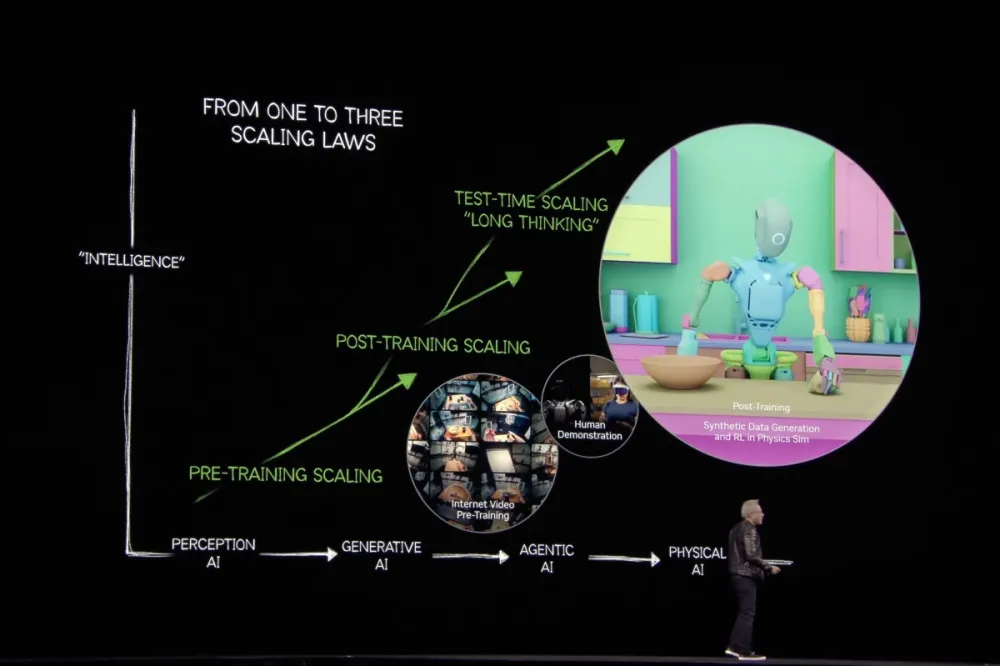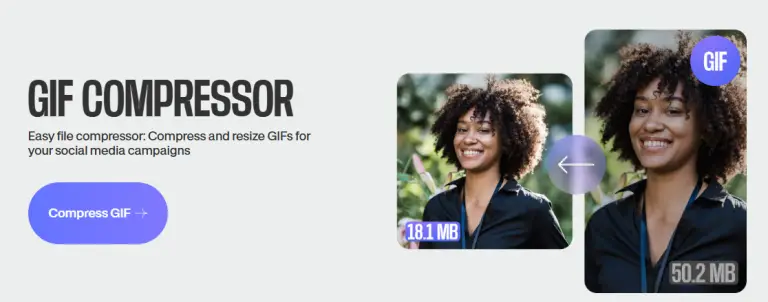
Following NVIDIA CEO Jensen Huang’s criticism of former President Trump’s restrictive policies on AI technology exports during Computex 2025, Reuters has reported that NVIDIA is preparing to launch a new line of AI accelerator chips tailored for the Chinese market, with mass production expected as early as June this year.
The forthcoming AI chip will reportedly be priced significantly lower than the previously banned H20 model, ranging between $6,500 and $8,000—nearly half the cost of the H20. Despite the reduced price, the architecture will shift to the more advanced Blackwell design, potentially based on a modified version of the current NVIDIA RTX Pro 6000D. The memory specification will transition to GDDR7, instead of the higher-bandwidth HBM, and it will forgo TSMC’s CoWoS packaging technology.
Under the United States’ latest AI export restrictions, the maximum allowable memory bandwidth for GPUs is capped between 1.7TB and 1.8TB per second. The H20, originally designed with a bandwidth of 4TB/s, fails to meet this threshold. NVIDIA has previously stated that modifying the Hopper-based H20 to comply with these new constraints is no longer feasible. As a result, the company has pivoted to redesigning the chip using the Blackwell architecture, pairing it with GDDR7 memory to better align with the updated export regulations.
Nevertheless, NVIDIA has acknowledged that it is still evaluating its limited options. Judging from its current strategic positioning, the company is evidently unwilling to cede the Chinese market without a fight. However, due to the export ban imposed by the U.S. government, NVIDIA now faces significant barriers in tapping into China’s AI market—an arena estimated to be worth $50 billion. This has led many Chinese firms to repurpose NVIDIA’s consumer-grade GPUs for AI acceleration or to explore alternative solutions offered by domestic or other international providers.
In a recent global press and analyst Q&A session at Computex 2025, Jensen Huang confirmed that due to the export ban, NVIDIA can no longer sell the H20 chip in China. As a consequence, the company’s market share in Chinese AI applications has plummeted from a commanding 95% to around 50%. Many former NVIDIA clients have since migrated to offerings from competitors such as Huawei. This shift may ultimately spur Chinese enterprises to accelerate the development of their own AI technologies—posing a greater challenge to the U.S. government’s vision of American dominance in global AI innovation.


